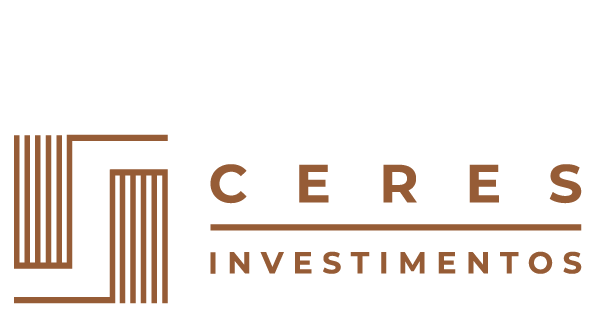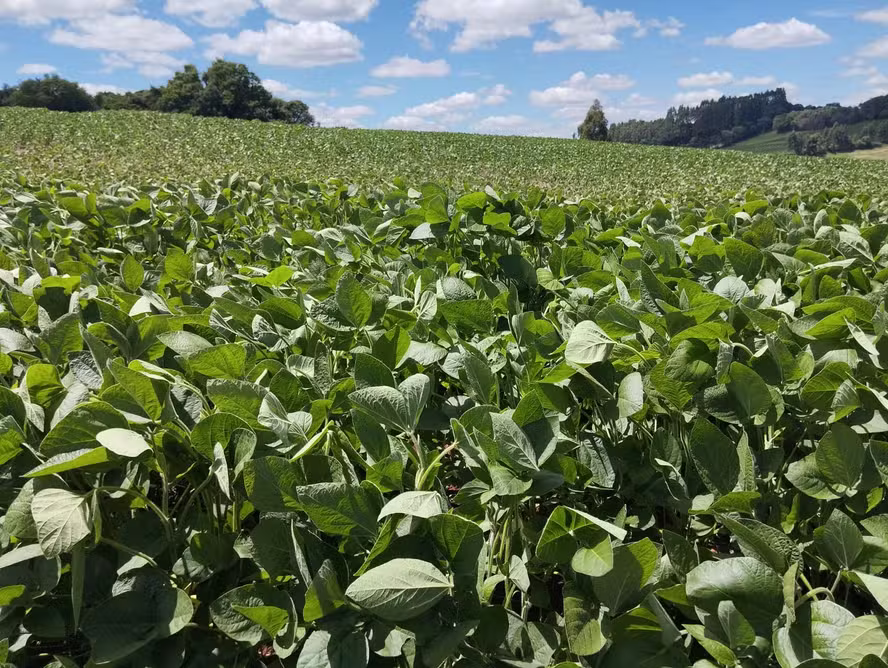Measure depends on ordinance with certification programs recognized by the government
The granting of a 0.5 percentage point discount on financing operations with resources equalized by the National Treasury for medium and large producers who adopt good practices in agriculture and livestock farming has been delayed.
Scheduled to come into effect on January 2, 2025, the measure still depends on the publication of an interministerial ordinance that will list the certification programs recognized by the government whose farmers and ranchers will be covered by the financing rebate in the final half of the 2024/25 Harvest Plan, until the end of June of this year.
The text of the ordinance arrived at the Ministry of Finance on December 30 and should be published this week, Valor found out. Another pending issue is the operationalization of the AgroBrasil+Sustentável platform. Launched by the Ministry of Agriculture in the last weeks of last year, the tool is necessary to verify the data of producers who will seek discounts. The producer will need to access the tool, generate the certificate after automatically cross-referencing the data and take it to the bank to request the discount.
Last Friday (3), the Secretariat of Innovation, Sustainable Development, Irrigation and Cooperativism of the Ministry of Agriculture published two ordinances that regulate the operation of the platform. One of them authorizes the Federal Data Processing Service (Serpro) to make minimum data available to financial institutions to grant the discount to producers.
According to the text, banks and credit unions are previously authorized to access the platform’s data verification services, but it will still be necessary to enter into a contract with Serpro. Access to the data will be via API (Application Programming Interface).
Representatives of the government and the production sector recognize that the measure will have limited scope this harvest, since most of the financing operations have already been contracted and will not be covered by the discount. Even so, they hope that the initiative will be operational in time to be tested and gain traction in the next harvest (2025/26).
According to the Ministry of Agriculture, almost 30 certifying bodies have already included their data on the platform. There are approximately 4,700 producers who participate in 11 good practice certification programs recognized by the Ministry of Agriculture.
The discount will also benefit another 16,600 producers certified in the PI Brasil Program (Integrated Production), 18,600 certified organic producers and 8,900 who contracted financing in one of the RenovAgro subprograms in previous years.
There are approximately R$8.6 billion that can be accessed with a discount in the equalized lines.
This is the equalizable limit available at the 16 financial institutions (Banco do Brasil, Banco Safra, Banrisul, Banco da Amazônia, Banco Nacional de Desenvolvimento Econômico e Social (BNDES), Banco de Brasília, Caixa, Credialiança, Credicoamo, Credicoopavel, CrediSeara, CrediSis, Cresol, Itaú, Sicoob and Sicredi) that applied to operate the lines of the so-called “sustainable+ costing” for businesses and Pronamp. More than half of the total value of the equalized lines (R$4.4 billion) will be operated by Banco do Brasil.
Up to 15% of the limit of the resources equalized in agricultural costing can be directed to the lines with discounts of 0.5 percentage points. This applies to both those who have the certifications and to producers with a validated Rural Environmental Registry (CAR). Those who have both qualifications are entitled to up to 1 percentage point of credit rebate.
Interest rates range from 7% to 7.5% per year, before discount, for medium-sized producers, and from 11% to 11.5% per year for large producers. The same measures may be applied, at the banks’ discretion, to contracts with mandatory resources, originating from demand deposits, which have controlled interest rates but do not receive equalization.

